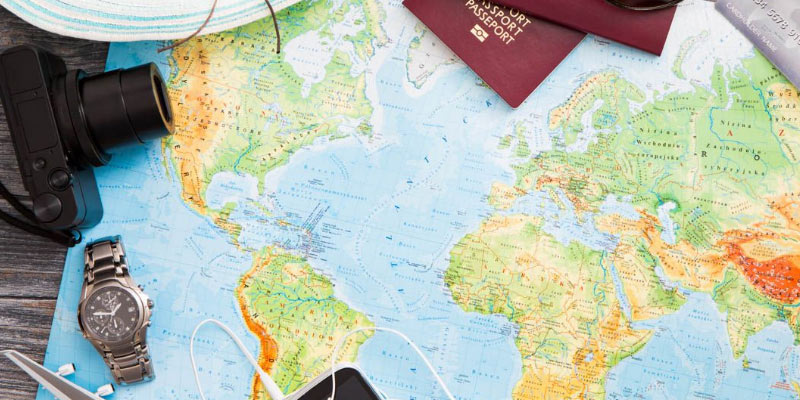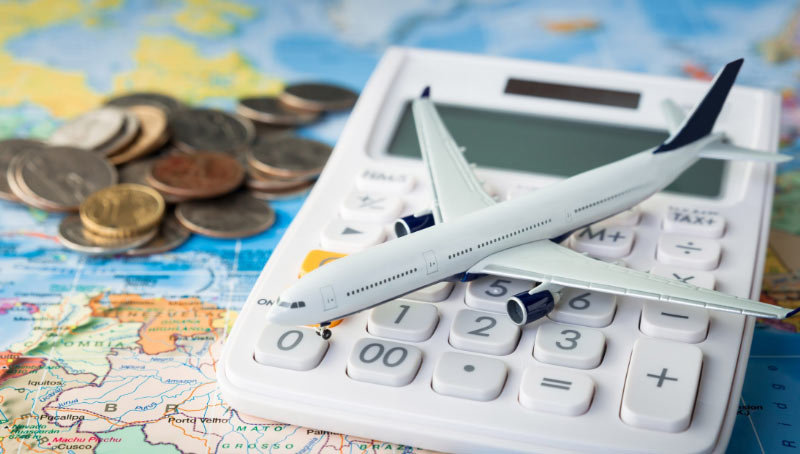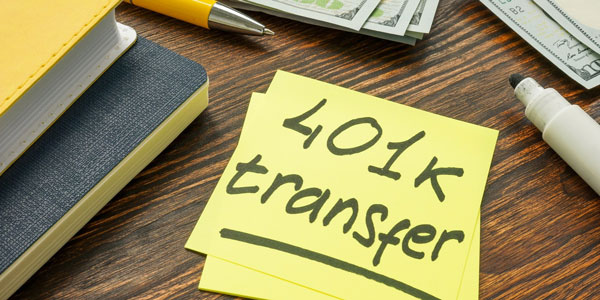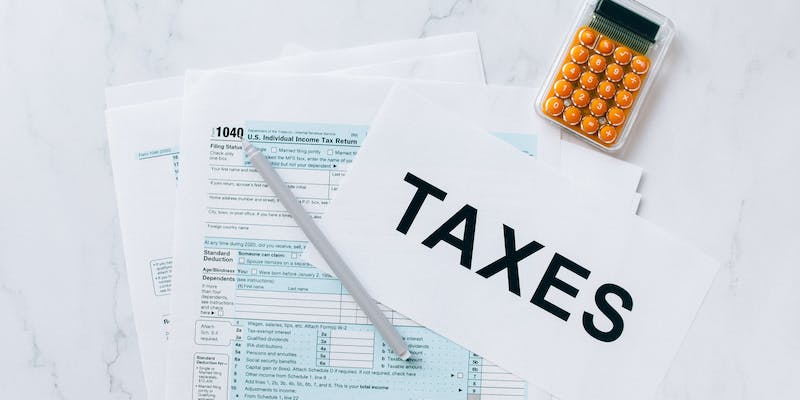Budgeting for a Trip
Feb 10, 2024 By Susan Kelly
Planning and executing a savings strategy may be an inspiring and motivating experience. It gets you closer to taking that dream vacation and teaches you valuable lessons about saving money that will serve you well for the rest of your life.
Although it may seem strange to be concerned with how to save money for vacation during a global pandemic, doing so can have some unforeseen benefits. For instance, having a concrete objective to work toward can be very reassuring during these uncertain times. Here are some money-saving tips to get you started so you can take that once-in-a-lifetime vacation someday.
1. Create a Budget

We must include travel costs in our budget just like any other expense. However, making a reasonable budget can be challenging. There are two approaches I recommend taking when planning a trip's budget. First, commit to saving a certain amount each month—say, $200 or $2,400 per year—for your trip. With that sum, you might visit many different places within your yearly travel budget.
Planning a trip's budget backwards is another option. Suppose you want to go to Europe in about a year and a half, costing you about $5,850. To keep pace, you must put aside $325 every month for the following 18 months.
2. Separate Your Expenses
Next, you will want to classify your costs as either "fixed" or "variable." Your fixed costs consist of all the money you spend that needs to be more flexible. Rent, debt payments, and utility expenses fall under this category. However, your variable costs consist of the things you spend money on that can change. Your non-essential grocery and clothing purchases fall under this umbrella, as do subscription services like Netflix and Spotify.
3. Use a Credit Card to Kick-Start Your Savings
Consider applying for a credit card offering travel rewards to reduce travel expenses considerably. These credit cards typically have a substantial bonus for signing up and meeting the minimum spending requirement. Depending on the credit card you use for travel rewards, you can use these points to pay for things like airfare, hotel stays, and tours.
4. Reduce Your Variable Expenses

Your non-essential variable expenses can be cut with the most excellent ease. You can perform a variety of things in this area. You should modify your grocery shopping habits to cut your monthly food bill costs. Meal planning, bulk shopping, and not going grocery shopping on an empty stomach are all ways to save money on food each week.
The next step is to buy new things secondhand, cancel any unneeded subscription services, and switch to a cheaper cell tariff. Choose a day of the week when you will spend absolutely nothing (other than necessary expenses). Although each saving may seem insignificant, it will add up over time.
5. Stay Motivated
Planning how to save for a vacation is a great way to give yourself a stimulating and compelling end goal to work toward. There is no denying that keeping for a rainy day or retirement is much less exciting than saving for a car or a house.
Therefore, you may find it helpful to hang up some visual aids around the house as a reminder to keep on track. You could save a picture of your vacation spot next to your computer or set it as your phone's wallpaper. These pictures are a visual reminder to get you back on track with your savings plan if you are tempted to stray.
6. Commit to a Savings Plan
Putting together the total cost of an extravagant vacation might make saving seem impossible. But if you plan, you will have time to put money aside to cover unexpected expenses.
If you split your anticipated budget by the number of months until your vacation, you will have a rough estimate of how much money you will need to save each month. If you want enough money for the trip, you must put away this much per month.
Let us pretend you want to take a trip in 10 months and will require $5,000. To determine the monthly savings goal, split $5,000 by ten and round up to $500.
7. Pick Up A Side Hustle
Picking up a side gig is a great way to raise your monthly savings quickly when you need the most money. If you already work a 9-to-5, consider working extra hours at a restaurant on the nights and weekends. While this may seem extreme, doing so briefly will reduce the likelihood of exhaustion.
But always remember that taking care of your mental health is more important than saving money every month. Adjust your monthly savings goal instead of your lifestyle if you realize that working extra hours negatively impacts your mental health.

What Does the Volatility Index (VIX) Indicate? A Beginner's Guide

Demystifying the FDIC: An In-Depth Look at Its Definition and Limits

Using Moving Averages: EMA Indicator Guide for Effective Trading

What is After-Hours Trading, and How Can You Benefit From Its Impact?

When Can You Lose Your 401(k) Rights

10 Strategies for Avoiding Taxes When Receiving a Lump Sum Pension Payment

How Excess of Loss Reinsurance Operates in the Insurance Industry?

Michigan State Taxes Explained: What Every Resident Should Know

What are SPACs? (Special Purpose Acquisition Company)

